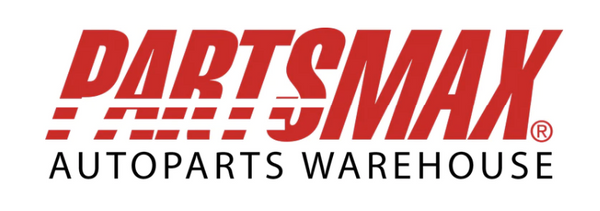Maintaining your car’s radiator prevents unexpected breakdowns and ensures your vehicle runs smoothly. The radiator's health is often overlooked until a problem arises, leading to potential performance issues and costly repairs. This blog post will cover the top signs indicating your car radiator might need repair or replacement.
Understanding the Function of a Car Radiator
The car radiator plays a key role in regulating your engine's temperature. It transfers heat from the engine coolant to the air outside, preventing the engine from overheating. The radiator is part of the cooling system, which includes other components like the thermostat, water pump, and hoses. Together, these elements maintain optimal engine temperature.
Common Symptoms of Radiator Problems
Overheating Engine
One of the most obvious signs of radiator trouble is an overheating engine. If your engine frequently overheats, it might indicate that the radiator isn't doing its job properly. This could be due to blockages, leaks, or a malfunctioning thermostat.
Coolant Leaks
It could be a coolant leak if you notice green, yellow, or orange fluid under your car. Leaks can occur due to cracked hoses, loose connections, or a damaged radiator. Ignoring coolant leaks can lead to more severe engine problems.
Rust and Discoloration
Rust, discoloration, or debris in the radiator can severely affect its performance. Rust usually indicates that the metal components are corroding, which can cause leaks and blockages. It's important to address rust issues early to avoid more significant damage.
Sludge Build-Up
Another common issue is sludge build-up within the radiator. Sludge, a mixture of coolant and rust, can impede the radiator's ability to circulate coolant effectively. This affects engine performance and can lead to overheating and damage to other cooling system components.
When to Seek Professional Help
Persistent Issues
If you’ve attempted DIY fixes and the problems persist, it may be time to consult a professional. Continuous issues like overheating or coolant leaks often signal underlying problems that require expert diagnostics and repair.
Expert Diagnostics
Professionals possess the tools and experience to diagnose and repair radiator issues accurately. They can identify problems that might not be apparent through visual inspection alone.
Safety Concerns
Neglecting radiator problems can pose safety risks. For instance, an overheated engine can stall while driving, endangering you and other road users. Timely radiator repair is critical for maintaining vehicle safety.

How to Prevent Radiator Problems
Regular Maintenance
Routine maintenance checks are the first line of defense against radiator issues. Regular inspection can help catch minor problems before they escalate into major repairs. Look for signs of wear and tear in the radiator and connected components.
Coolant Flushes
Performing coolant flushes at recommended intervals can prevent sludge build-up and corrosion. Flushing the coolant system removes old coolant and any contaminants, keeping the system clean and efficient. Proper Coolant Levels Always monitor and maintain appropriate coolant levels. Low coolant levels can cause the engine to overheat and damage the radiator. Check your coolant levels regularly and top off as needed.
Looking for an aftermarket radiator? Take a look at our online inventory.
Costs and Considerations for Radiator Repair or Replacement
Repair Costs
Radiator repair costs can vary depending on the extent of the damage and your vehicle's specific make and model. Simple fixes like patching a leak or replacing a hose may cost less than more extensive repairs.
Replacement Considerations
In some cases, replacing the radiator might be more cost-effective than repairing it, especially if it is old or severely damaged. Factors to consider include the age of the radiator, the cost of repairs, and the availability of replacement parts.
Warranty and Service Options
Explore warranty options and service plans when getting your radiator repaired or replaced. Many repair services offer warranties that can provide additional peace of mind.
Frequently Asked Questions
1. How often should I check my car radiator?
It's recommended that you check your car radiator at least once a month. Regular inspection helps identify potential issues early, such as coolant levels, rust, or leaks, ensuring that your cooling system continues to function correctly.
2. What type of coolant should I use for my radiator?
The coolant type depends on your vehicle's make and model. Always refer to your owner's manual for the manufacturer's recommendations. Using the correct coolant is crucial to prevent damage and maintain optimal cooling system performance.
3. Can I drive my car if the radiator is leaking?
Driving with a leaking radiator is not advisable as it can lead to engine overheating and potentially severe damage. It's best to promptly address any leaks by repairing or replacing the damaged components.
4. What are the signs that indicate my radiator needs flushing?
Signs that your radiator needs a flush include discolored coolant, debris or sludge in the radiator, and frequent engine overheating. Regular coolant flushes help maintain the efficiency and longevity of your cooling system.
Conclusion
Maintaining your car's radiator ensures optimal engine performance and avoids unexpected breakdowns. By recognizing the signs of radiator problems, you can address issues promptly and keep your vehicle running smoothly. Don't hesitate to take proactive steps to maintain your radiator.

